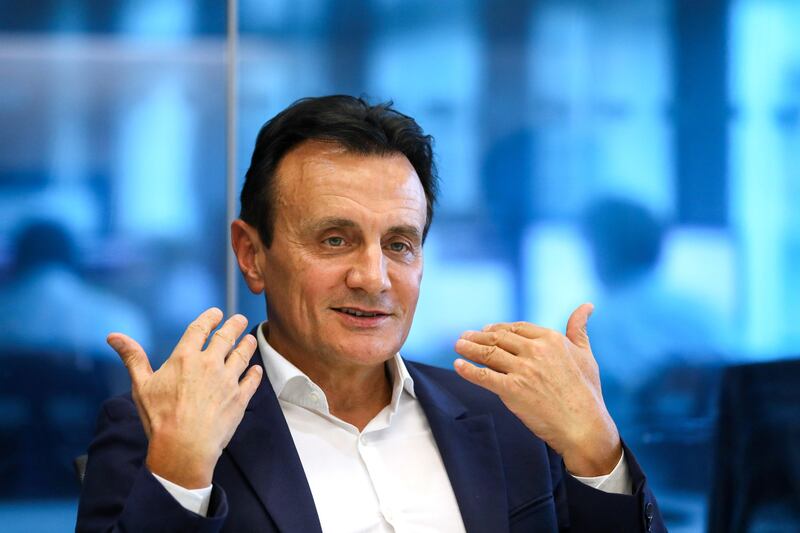The AstraZeneca chief executive Pascal Soriot, fearing a potentially abrupt Brexit, said lack of progress in negotiations made it impossible for him to sign a public letter of support for the British government’s strategy.
As reported last week, the prime minister Theresa May’s office has asked companies listed in the blue-chip FTSE 100 index to put their name to a public letter welcoming the government’s efforts to make Brexit a success.
“The reason I didn’t sign is that I felt there are so many areas that are still uncertain. How can we support something that we don’t really understand fully?” said Mr Soriot in Madrid.
Executives at several companies have said privately that the request went down badly with many large corporations but they have been reluctant to comment publicly.
Mr Soriot said his refusal to sign did not mean the drug maker disagreed with Britain’s decision to leave the European Union, adding that it could have some positive aspects if it went hand-in-hand with increased support for the UK life sciences sector.
_______________
Read more:
May's government appeals for top UK firms' Brexit support
Brexit talks need to be resolved before trade discussion, EU official says
_______________
But the deep uncertainty about future terms of trade just 18 months before Brexit happens in March 2019 means exports of medicines could be hampered, he said.
“What is starting to worry me, I must say, is the potential for the one thing I didn’t think would happen, which is a hard Brexit,” he said.
“If there is no extension we will be left in limbo because the UK will come out of Europe and we will have no trade agreements.”
Britain’s second-biggest pharmaceuticals company makes a large amount of products in the north of England, including the cancer drug Zoladex, sales of which are increasing rapidly in China and other countries around the world.
“We need to know that is not going to be disrupted because right now we are exporting under a trade agreement between the EU and China,” Mr Soriot said.
Many companies fear that Britain’s move to leave the world’s largest trading bloc will increase bureaucracy, drive up costs and eat into profitability.
The public letter, which Mrs May’s advisers wanted Mr Soriot and other business leaders to sign, states that signatories are confident that “global Britain has the potential to become one of the most productive economies of the 21st century”.






